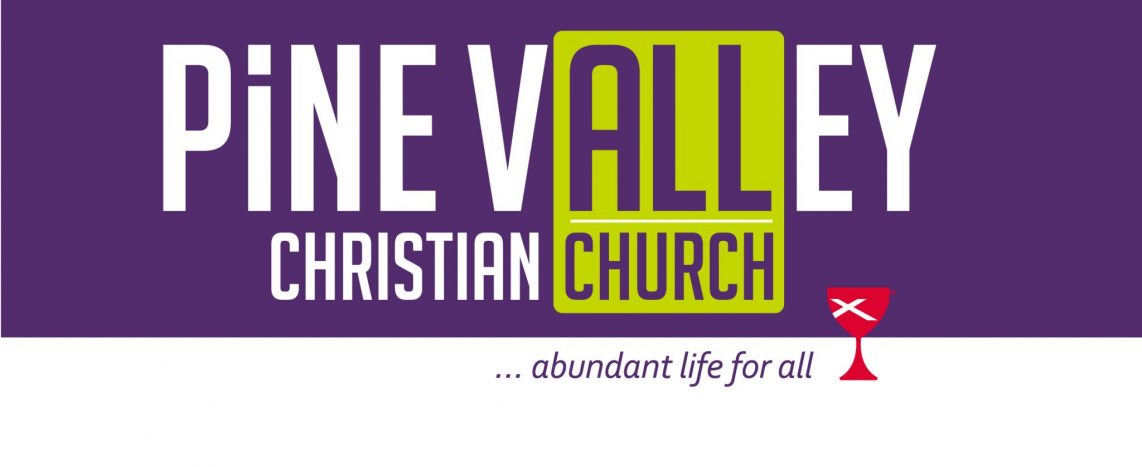My granddaughter called me on Monday evening and asked if I could meet with her to discuss an English assignment she had for school. Feeling honored by the request I eagerly agreed and went to meet her—without asking about the assignment. When I met her she showed me a copy of Elie Wiesel’s Night and I began to understand. In this book Wiesel writes about his life in the Nazi concentration camps, Auschwitz and Buchenwald. Her assignment was to write about what Wiesel meant when he said he found God when he witnessed the brutal death of a child. It is a graphic scene that everyone who has ever read the book will remember. Wiesel’s question, and the question the English teacher was asking my 14 year old granddaughter to wrestle with, is a fundamental question of faith: In the “Kingdom of Night” where does God meet us?”
Wiesel’s answer comes toward the end of the book and it is also found in his speech when he accepted the Nobel Peace Prize on December 10, 1986. In that speech he said, “I swore never to be silent whenever wherever human beings endure suffering and humiliation. We must take sides. Neutrality helps the oppressor, never the victim. Silence encourages the tormentor, never the tormented. Sometimes we must interfere. When human lives are endangered, when human dignity is in jeopardy, national borders and sensitivities become irrelevant. Wherever men and women are persecuted because of their race, religion, or political views, that place must — at that moment — become the center of the universe.” In his acceptance speech Wiesel goes on to say that our lives are never our own, they belong to those who need us.
This week we are remembering the 50th anniversary of the death of President Kennedy, and the 150th anniversary of President Lincoln’s Gettysburg Address. Let’s remember and give thanks for all those who cared and who care enough to break the silence and to interfere.
Blessings, David
